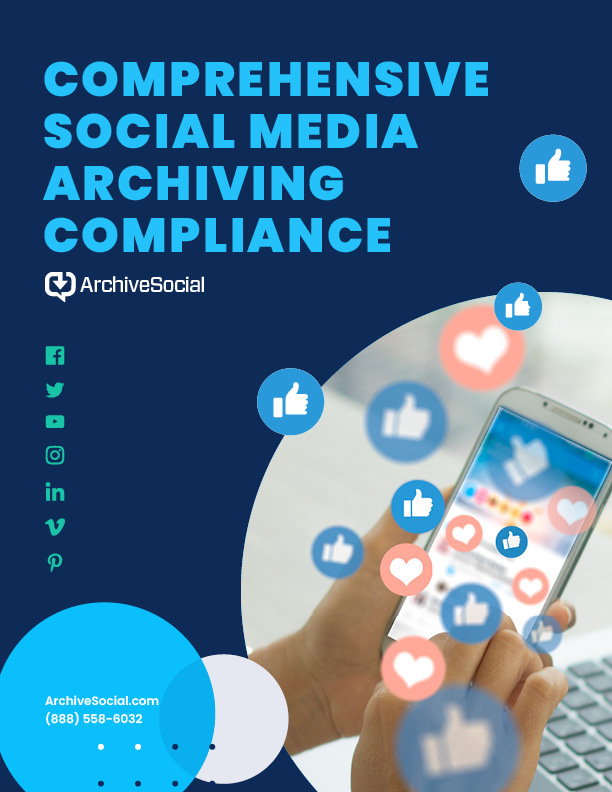
Digging deeper
Requiring every public officer in Victoria to have his or her social media interactions archived, this decree represents a logical response to the proliferation of social media as a means of communication among public officers as well as with the public. But PROV’s announcement did not end with a simple mandate. In its measured announcement, it also outlined what should be archived and how the records should be archived. In a necessarily broad statement, PROV reiterated that “any record made or received by a public office in the course of [their] duties” regardless of the medium, account name, or the seniority of the public officer must be archived.
Furthermore, PROV described how these records should be archived. PROV expects these records to be “captured as close to the point of creation as possible” because the risk of deleted posts increases with time. Also, PROV requires that the record must retain the structure, original content, and metadata of the social media interaction.
A sensible and robust policy
Ambitious as it is fully compliant with public recordkeeping laws, PROV’s announcement represents a model for local, state, and federal government records management strategies. There is little denying that social media is a public record, and just like email, it must be archived. Additionally, the PROV’s requirements about when and how the record must be archived is not only compliant, but plainly good recordkeeping practice. A record of social media should be archived before it is accidentally or intentionally erased, while preserving the record in its native format with the metadata intact provides valuable context for e-discovery and government-memory needs. Although this may seem like a tall order for some governments given the decentralized and dynamic nature of social media, tools such as ArchiveSocial are here to help.

